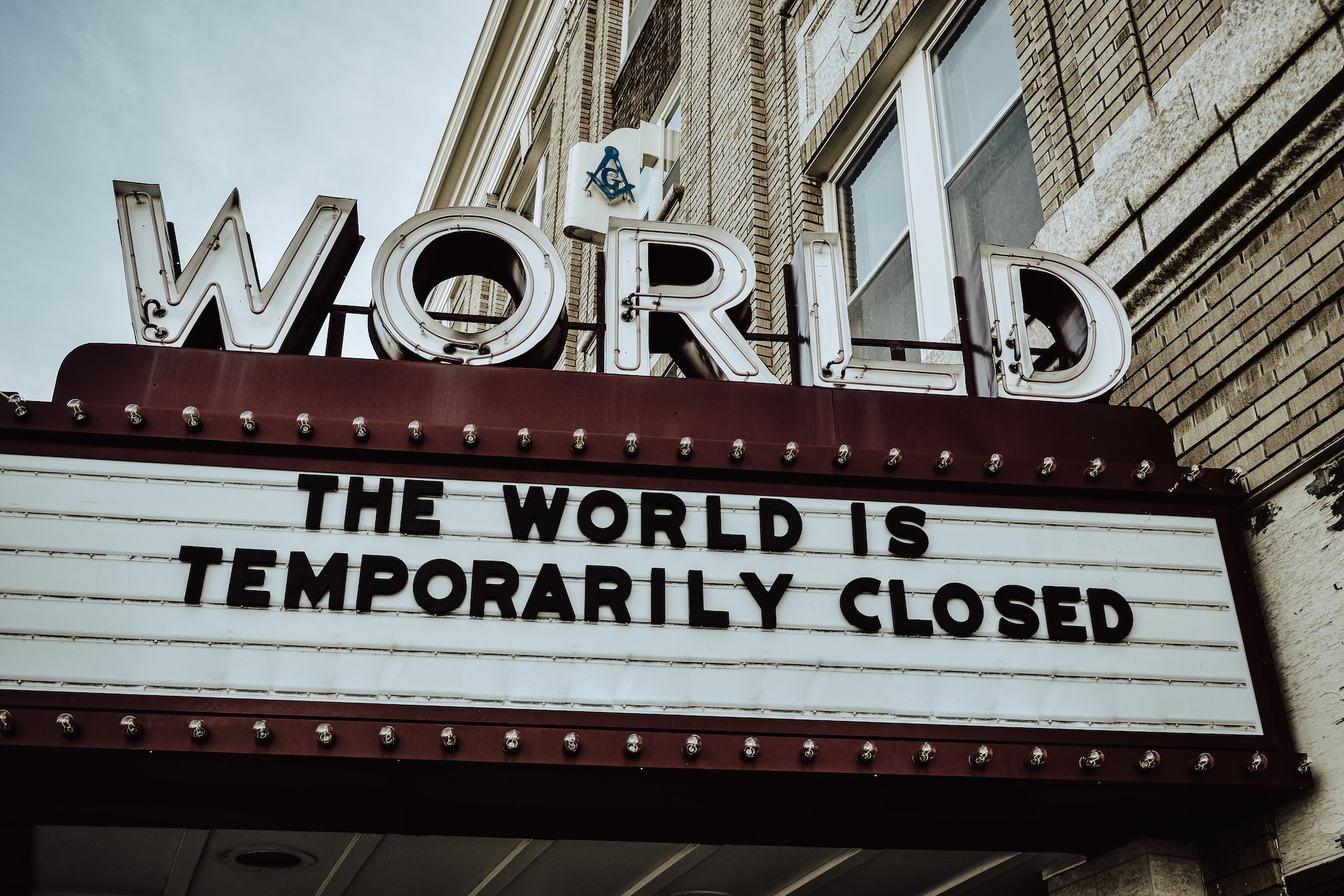
The World Will Likely Face Another Pandemic
The risk of another global pandemic is high due to several factors. One of the biggest risks is the emergence of new zoonotic diseases. These are diseases that are transmitted from animals to humans, and they account for over 60% of all infectious diseases in humans. As human populations continue to encroach on natural habitats, the likelihood of contact with wild animals increases, which in turn increases the risk of zoonotic disease transmission.
Another factor that increases the risk of a pandemic is globalization. The interconnectedness of the world means that diseases can spread rapidly and easily across borders. Air travel, in particular, has made it easier for diseases to spread quickly from one part of the world to another.
Despite the high risk of another global pandemic, the world is better prepared than ever before to respond to such a crisis. The COVID-19 pandemic has highlighted the importance of investing in public health infrastructure, pandemic preparedness, and emergency response. Many countries have taken steps to strengthen their healthcare systems, improve surveillance and monitoring, and increase funding for research and development of vaccines and treatments.
International organizations such as the World Health Organization (WHO) have also played a crucial role in coordinating the global response to the pandemic. The WHO has provided technical guidance, coordinated efforts to develop vaccines and treatments, and facilitated the sharing of information and resources among countries.

Is The World Ready For The Next Pandemic?
However, there are still several challenges that need to be addressed to ensure that the world is adequately prepared for another global pandemic. One of the biggest challenges is the lack of funding for pandemic preparedness and response. Many countries, particularly low-income countries, lack the resources and infrastructure needed to respond effectively to a pandemic.
Another challenge is the need for better global coordination and cooperation. The COVID-19 pandemic has highlighted the importance of a coordinated global response, but there are still gaps in the system that need to be addressed. There is a need for better sharing of information, resources, and expertise across countries, and for a more equitable distribution of vaccines and treatments.
In conclusion, the risk of another global pandemic is high, but the world is better prepared than ever before to respond to such a crisis. The COVID-19 pandemic has highlighted the importance of investing in public health infrastructure, pandemic preparedness, and emergency response. However, there are still several challenges that need to be addressed to ensure that the world is adequately prepared for another global pandemic. It is essential that countries work together to address these challenges and ensure that the world is better prepared for the next pandemic.

Are You Prepared?








